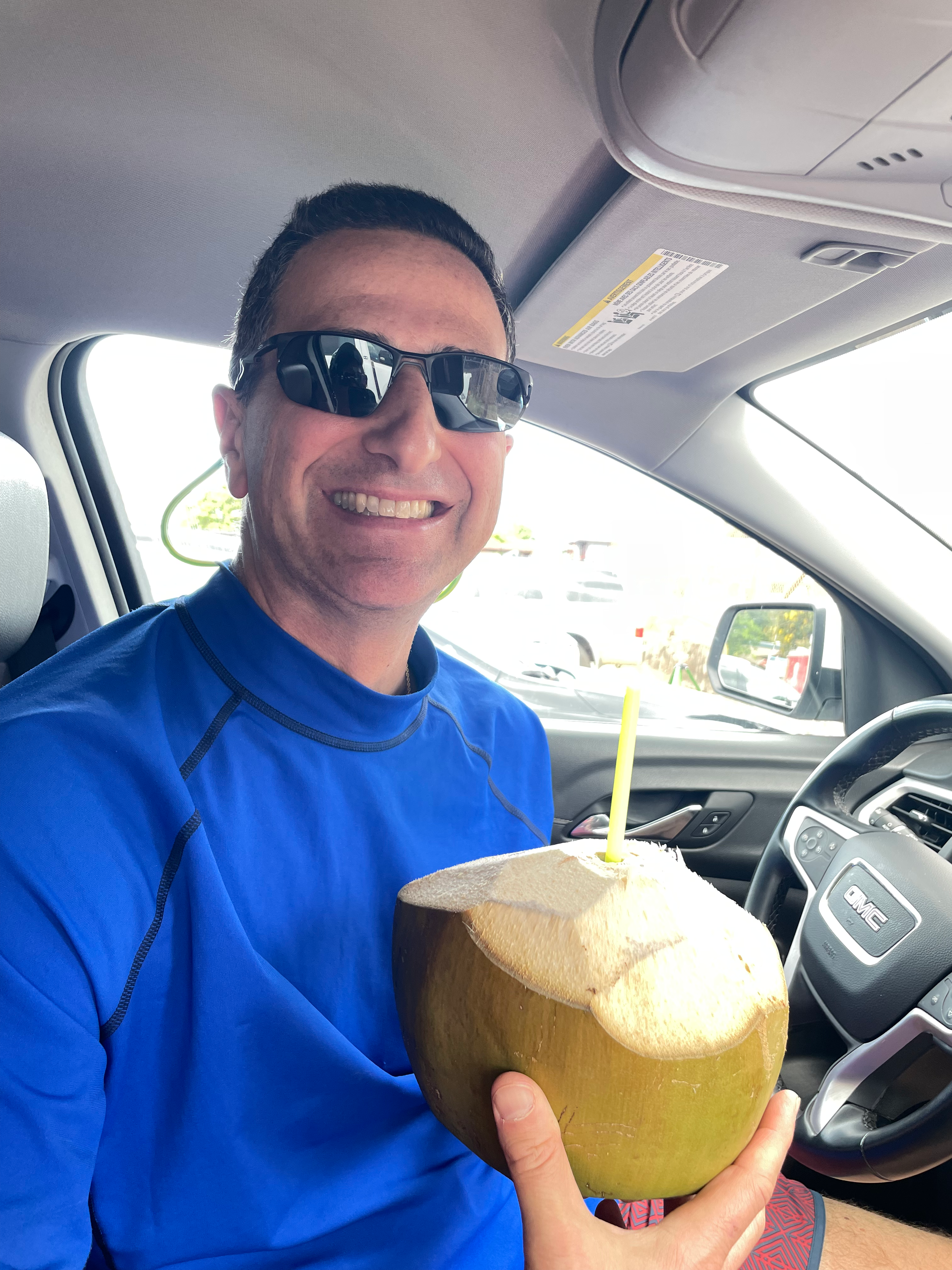3 Simple Study Hacks to Boost Your Grades Fast
- Steve Fiore

- Nov 4
- 2 min read
I was a solid B student in school.

In fact, my GPA in High School, College, and Grad School was a 3.12, 3.13 and 3.14 (although I can't remember the actual order). You could say I was very consistent.
I did struggle in high school in my early years, and then one day, my mom or dad (can't remember which), gave me a VCR tape titled "Where There is a Will, There is an A". It was this teacher who came up with these strategies to help students study better. For example, we retain our notes 3x more if we review them within 3 minutes of class.
To help you or your child/student perform better in school, here are three really simple strategies to improve your grades.
1) Short Study Bursts are Better than One Long Session.
This picture below is my best representation of how I remember the video. The concept was that you remember more at the start and end of each session. So, if you study for 1 long hour, your best recall is at the beginning and the end, with a big dip in the middle.
However, if you take 4 shorter sessions within that hour with 5-minute breaks, you have many more beginning and end points, therefore, you will have better memory recall.
I know in today's classrooms, rote memorization isn't as common as it was when I was a kid but the concept to help you learn better still holds true.
In this example chart below, the 1 long session will produce 2 peak retention sessions, while the Four Short Bursts will product 8 peak retention sessions. I think I know which one I will choose!

2) Use a Notebook
That may sound foreign to many nowadays who are typing all of their notes on a computer, or now using AI to listen, record, and summarize the notes for you, why would anyone need to write in a notebook.

The value here is that writing, the concept of using your 5 senses, helps with recall. Writing your notes, reading them back out loud, and listening to yourself (or perhaps even a recording of yourself speaking), uses 4 of the 5 senses. The more senses you use, the better you will improve your learning experience.
3) Exercise after Studying
There was an experiment done in 2024 where students who cycled for just 20 minutes after studying sent a rush of oxygen to their brains. They recalled the information 2X better than the control group who stayed seated. I would also assume that this works for walking (probably briskly) jogging, or even light movement like yoga or dancing. The important factor is movement and getting the oxygen to the brain.

What you don't want to do is give yourself a reward by going on your phone and scrolling social media.
What are some of your best study tips?
Cover Photo by Tuyen Vo




Comments